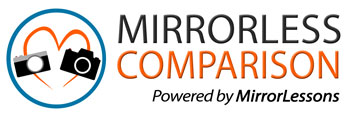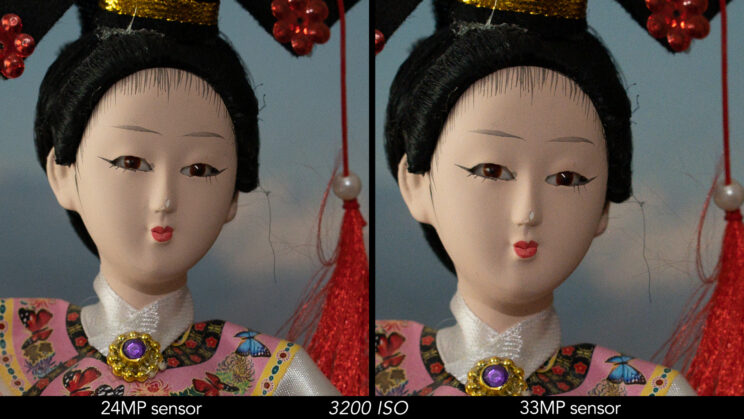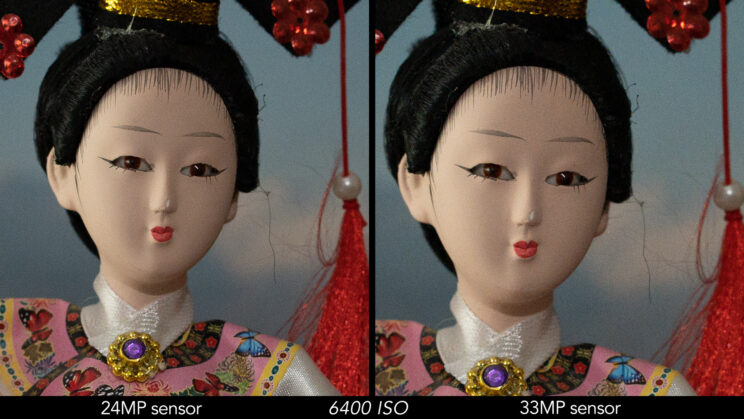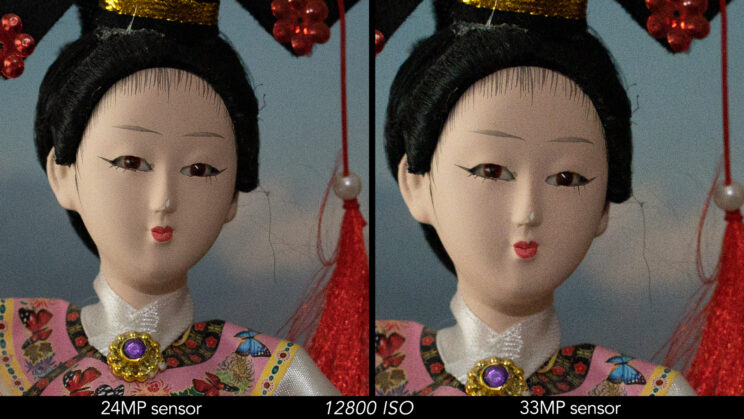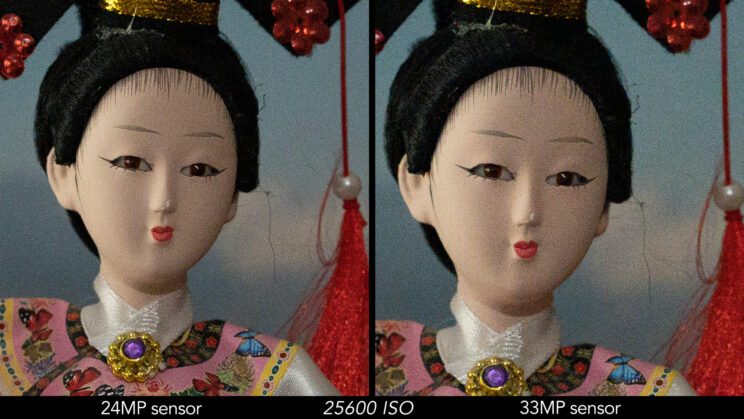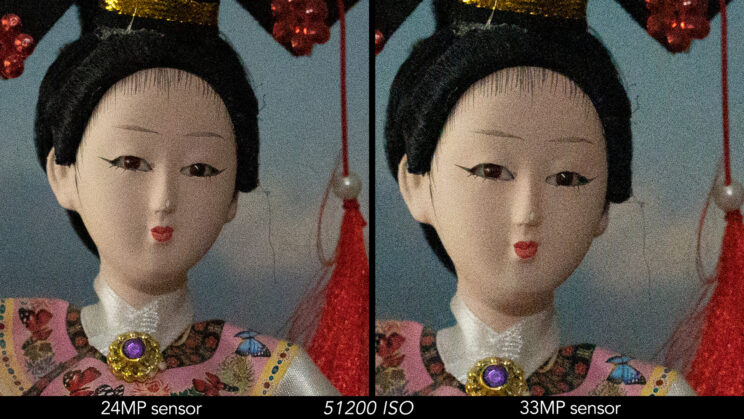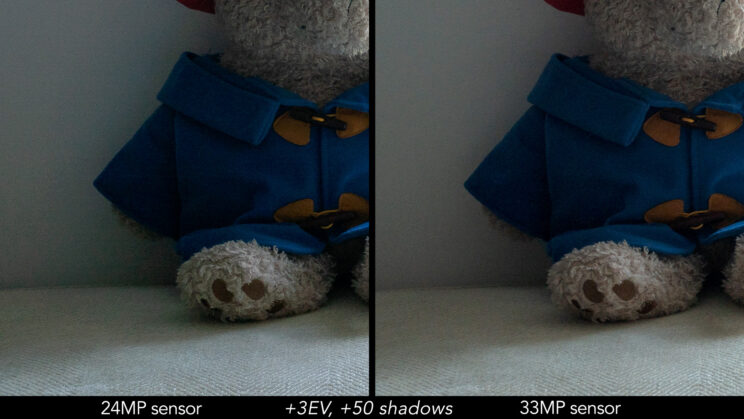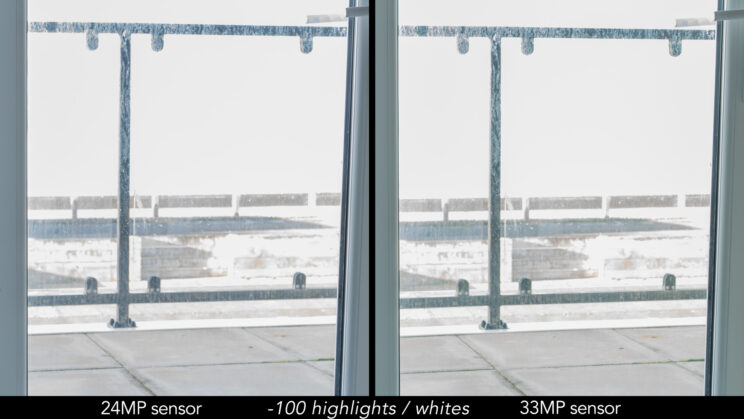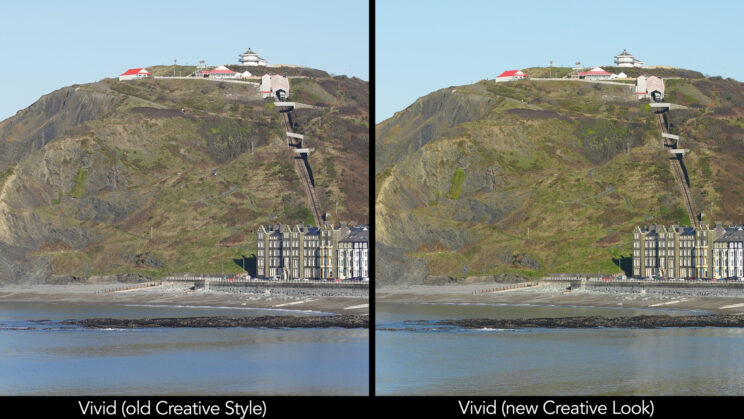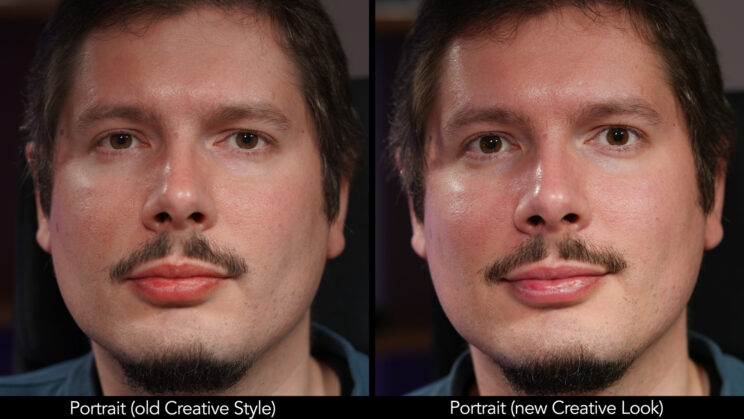The original A7C was Sony’s idea to release the most compact full-frame camera on the market (at the time). Many thought it would just be a one-off, but with the introduction of the A7C II and its twin sister, the A7CR, it’s clear the Japanese giant wants to create a new segment in its ever-growing E-mount system.
Due to the price difference, there is little doubt that the A7C II will be the most popular model. So, let’s see how it compares to its equally popular predecessor.
What the A7C and A7C II share in common:
- Design concept
- 10fps continuous shooting speed
- 3.0-in 1.04M dots LCD monitor with multi-angle mechanism
- 1 SD card slot (UHS-II)
- 3.5mm audio in and out, micro HDMI, USB C (5Gbps)
- Multi-Function shoe compatible with digital audio
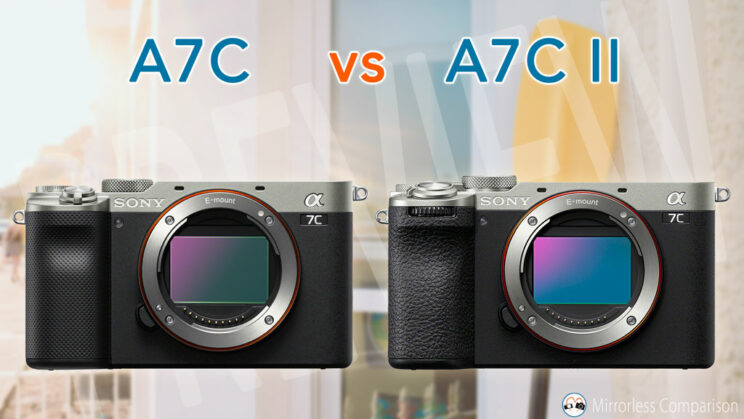
Ethics statement: the following is based on official specs and our personal experience with Sony cameras. We were not asked to write anything about this product, nor were we provided any compensation of any kind. Within the article, there are affiliate links. If you buy something after clicking one of these links, we will receive a small commission. To know more about our ethics, you can visit our full disclosure page. Thank you!
1. Image Quality
The A7C uses an older 24.2MP sensor, whereas the A7C II is equipped with 33MP. The two full frame sensors have a BSI (backside illuminated) structure.
Despite the difference in megapixels, the ISO levels are the same: 100 to 51,200 (normal range), or 50 to 204,800 (extended range).
The A7C II features the faster BionZ XR processor (compared to the BionZ X in the A7C) and offers additional features such as Lossless compressed RAW files (with three available sizes) and support for the 10-bit HEIF format.
How the two sensors compare?
I had the opportunity to test these two sensors a few years ago in my in-depth review of the A7 III vs A7 IV. Let’s explore what you can expect from the A7C and A7C II.
At high ISO, the quality is similar overall. You can see a bit more noise on the 33MP images, but the difference is not really relevant until you reach ISO 51,200.
Concerning dynamic range, the A7C II should give you better quality when attempting a strong exposure recovery in the shadows. Highlights recovery is very similar however.
You will also notice difference with the in-camera picture profiles and colour rendering. The A7C II inherits Sony’s latest colour and image processing, starting with the new Creative Look profiles that replace the old Creative Style found on the A7C.
Reminder: the links below are affiliate links. If you decided to buy something after clicking the link, we will receive a small commission.
2. Autofocus
The A7C features 693 phase detection points, while the A7C II utilizes 759 phase detection points. The low light sensitivity is the same: -4Ev with a f/2 aperture at ISO 100.
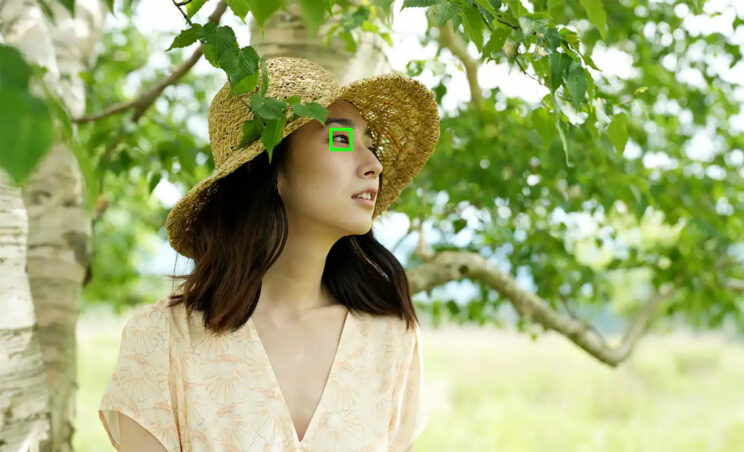
While both cameras offer real-time tracking and subject detection, the A7C II takes it a step further. Powered by its dedicated A.I. processing unit, the camera can recognise humans, animals and vehicles. For people, it can track the body, head, face, and eyes, and has the capability to predict human poses and movements. When it comes to animals, it can track body, head, and eyes (including for birds), and even insects!
The A7C can track the face and eyes of humans, as well as the eyes of various animals, but not birds. Make sure to install firmware 2.0 to use Eye AF in video mode.
Subject Detection
A7C
A7C II
Humans
Face, Eyes
Face, Head, Eyes, Body (with pose estimation)
Animals
Eyes
Body, Head, Eyes
Birds
Eyes
Body, Head, Eyes
Insects
No
Yes
Trains
No
Yes
Airplanes
No
Yes
Cars
No
Yes
3. Video
There are important differences when it comes to movie recording. In a nutshell, the A7C II has the following capabilities that you won’t find on the original “C” model:
- 4K 24, 25 and 30p without sensor crop
- 4K 50/60p (in Super35 mode, aka 1.5x crop)
- 10-bit 4:2:2 internal recording
- All-Intra compression option up to 600Mbps
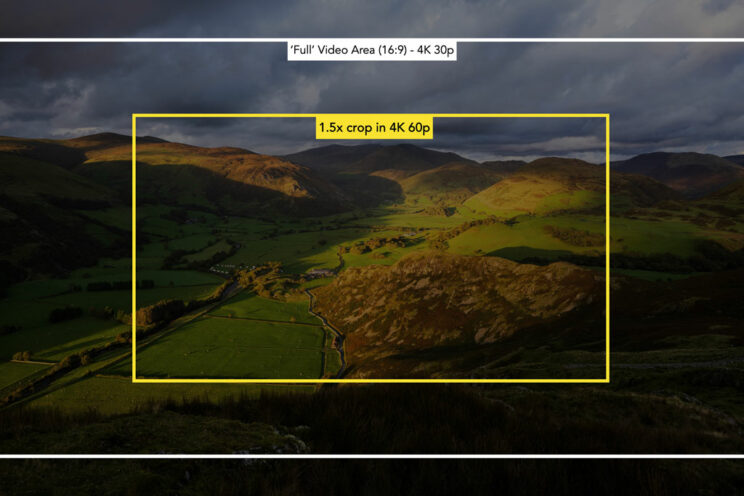
When recording 4K, the A7C II uses the equivalent of a 7K area with full pixel readout and no pixel binning, while the A7C utilizes a 6K area (for 24/25p) or a 5K area with a 1.2x crop (for 30p).
As mentioned earlier, the A7C II comes with the recent Creative Looks, a set of picture profiles that are designed for photos and video, whereas the older Creative Styles found in the A7C are less effective for moving images (highlights are clipped more easily).
For advanced users seeking greater control over their images, both cameras offer Picture Profiles with settings like S-Log2, S-Log3, and HLG. The A7C II also offers S-Cinetone and the possibility of loading your own custom LUTs.
Neither camera has a recording limitation, although the amount of time they can record continuously will be influenced by the ambient temperature (they are small and compact after all).
Reminder: the links below are affiliate links. If you decided to buy something after clicking the link, we will receive a small commission.
4. Image Stabilisation
The two cameras have stabilisation on the sensor, which works with a total of 5 axis (roll, X, Y, pitch, yaw).
The A7C II boasts a higher compensation rating of 7 stops, as opposed to the A7C‘s 5 stops.
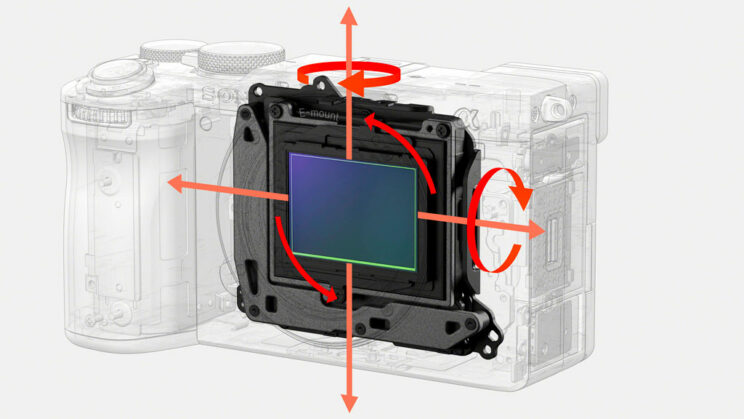
While recording video, the A7C II provides an additional setting: the Active mode. It uses the data from the camera’s gyro sensor to improve stabilisation. Note that this results in a slight cropping of the field of view (approximately 1.1x).
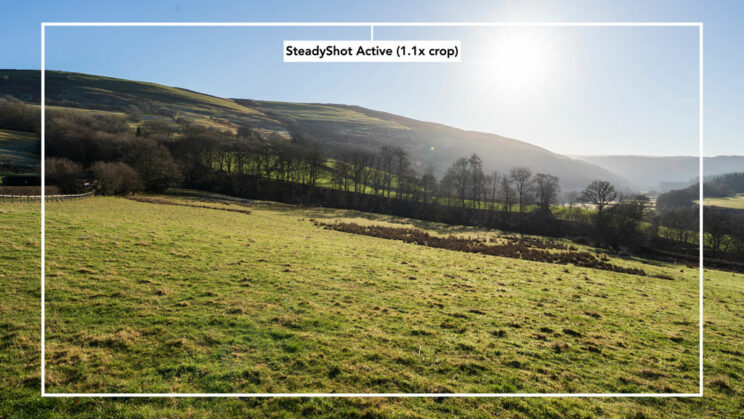
Both products give you the option of stabilising the video footage in post using Sony’s Catalyst software, which can read the data from the gyro sensor of the cameras and give better results than the normal warp stabilisation of video editing softwares. However, it’s worth noting that in my tests, I consistently found that the footage tended to lose a fair amount of sharpness when exported.
5. Extra Features
The A7C II boasts a variety of additional features, such as the Auto Framing mode, Breathing Compensation (available with select lenses), and Focus Map, among others.
Moreover, you can utilize both cameras as webcams with a straightforward USB connection, eliminating the need for additional software. Be sure to install firmware 2.0 on the A7C.
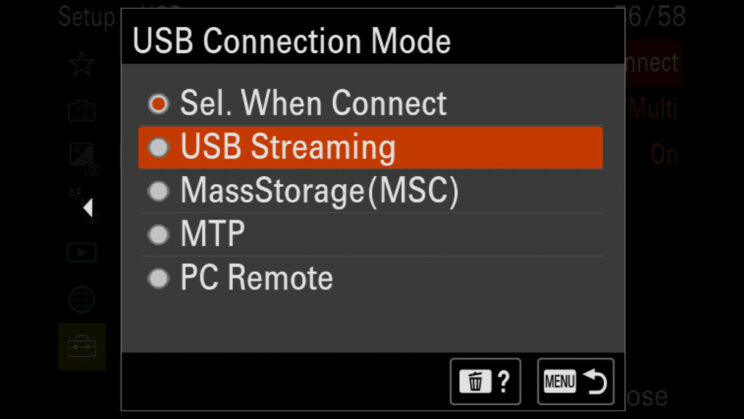
6. Size and Buttons
The A7C and its successor share almost identical and compact dimensions. The mark II model is deeper and slightly heavier.
- A7C: 124 × 71.1 × 59.7mm, 509g
- A7C II: 124 × 71.1 × 63.4mm, 514g
The body design is the same, with the EVF embedded in the main frame on the left. They are available in black or silver, and both offer dust and moisture resistance. The texture on the front grip has been revised on the mark II model.
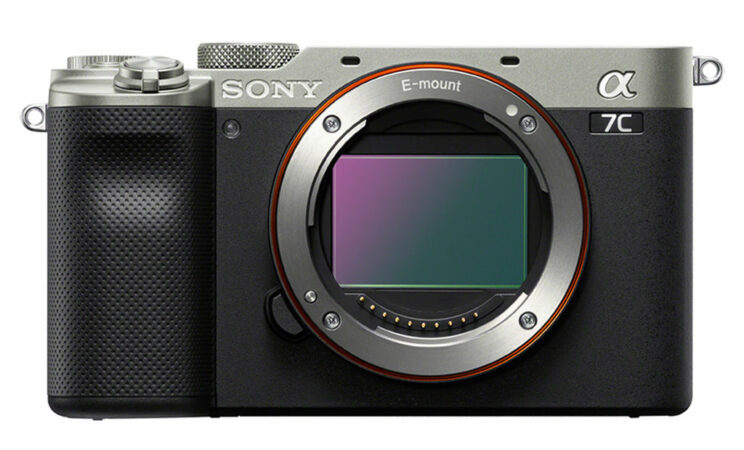
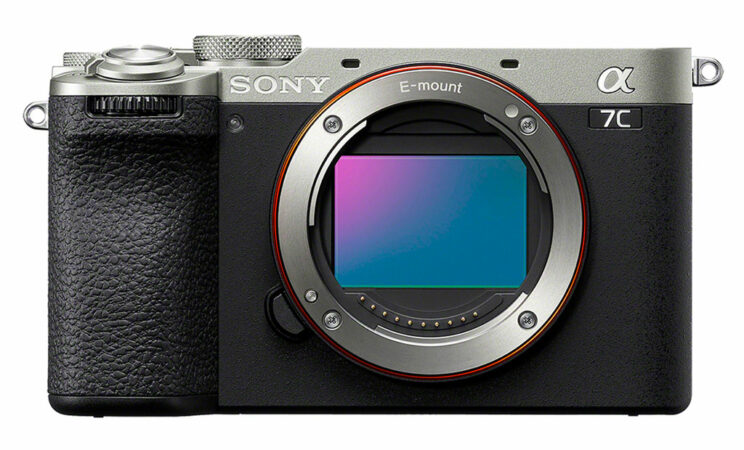
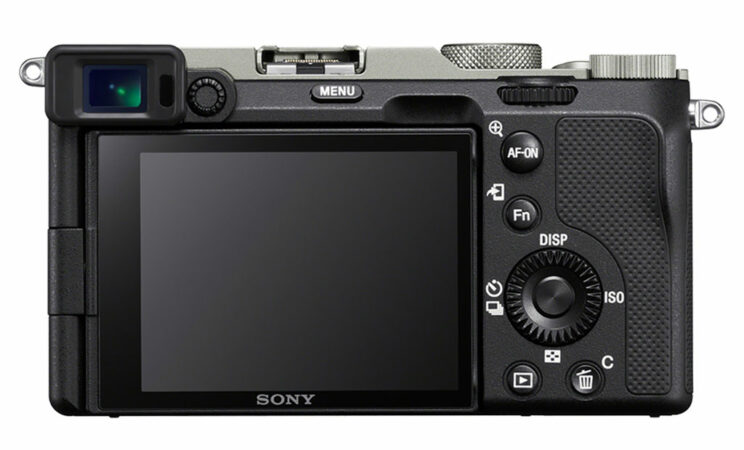
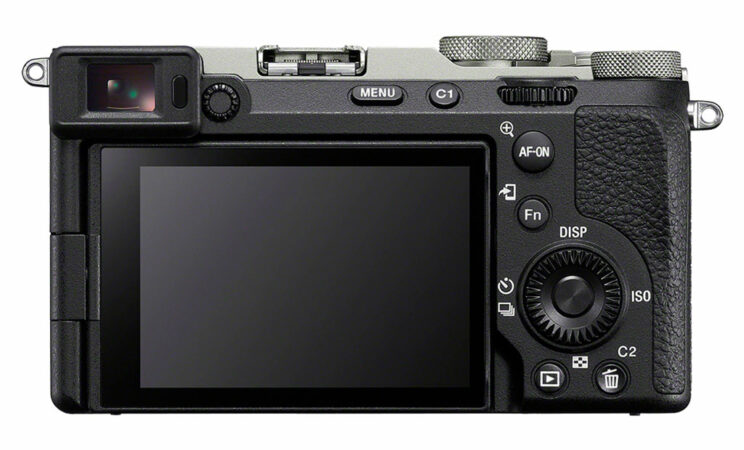
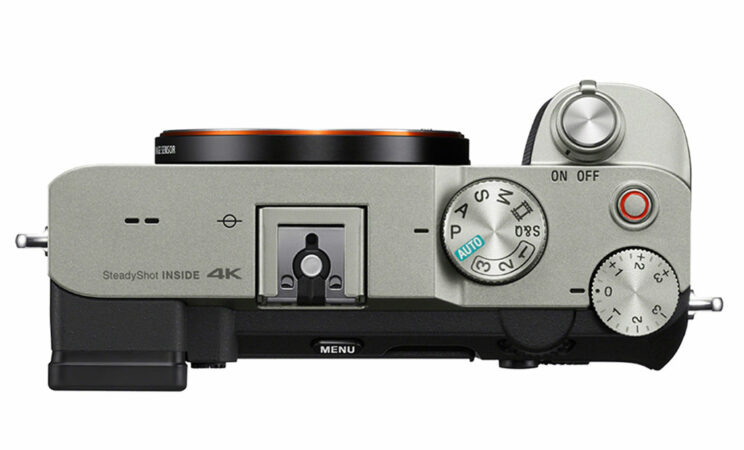
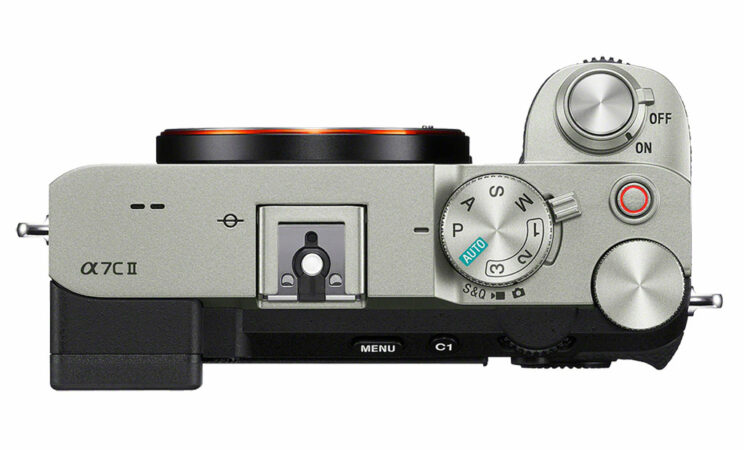
The A7C II sees a few upgrades in the button layout: it has an extra dial at the front, a handy photo/video switch under the main shooting mode dial on top, and an additional custom button at the rear. However, neither of them comes with an AF joystick.
Returning to the viewfinder, it is relatively small with modest specifications: a 0.39-inch OLED panel with 2.36 million dots and a maximum refresh rate of 120Hz. That being said, the version found on the A7C II has been upgraded with better magnification (0.70x vs. 0.59x) and a longer eyepoint (22mm vs. 20mm).
Reminder: the links below are affiliate links. If you decided to buy something after clicking the link, we will receive a small commission.
7. Speed and Buffer
The A7C and A7C II can shoot at a maximum speed of 10 frames per second (with AF and exposure tracking). The difference lies in the buffer, or how long they can work at the maximum speed before slowing down.
The original A7C can manage 220 JPGs (22 seconds) or 115 compressed RAW files (11.5 seconds).
On the other hand, the A7C II is worse with RAW files (44 compressed, which is just over 4 seconds), but it performs better with JPGs, managing 1,000 files at the Fine quality, which means it never slows down.
8. Menu System
The A7C II benefits from the most recent menu system, which is better organized and compatible with touch sensitivity. You can navigate the entire menu with your fingers and change settings. You can also adjust parameters by tapping the icons on the live view and flick from the bottom to open the Fn menu.
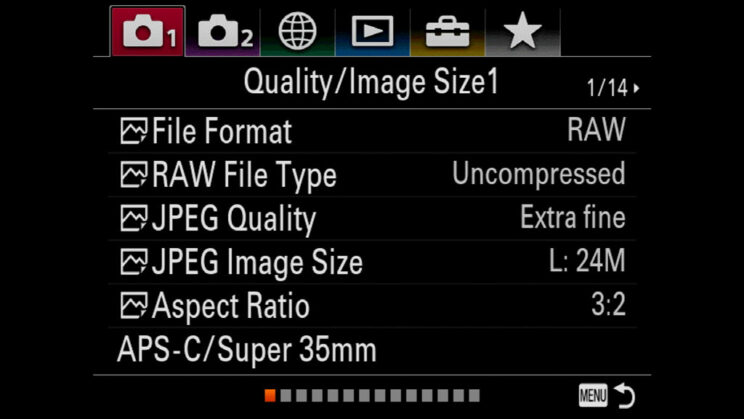
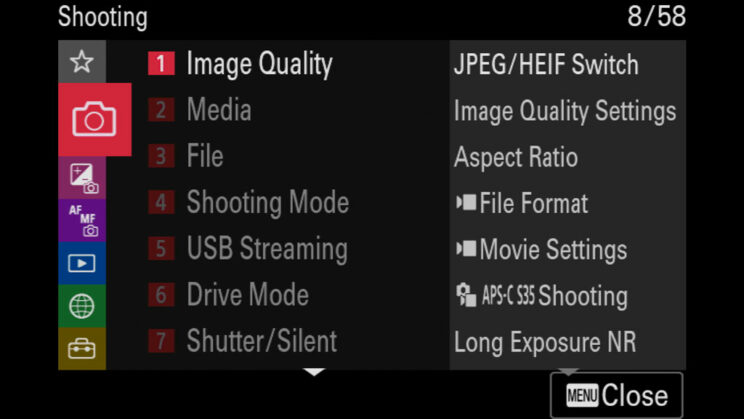
The A7C has a few touch screen capabilities, like touch tracking, moving the AF point, or double-tapping to activate magnification, but not much more than that.
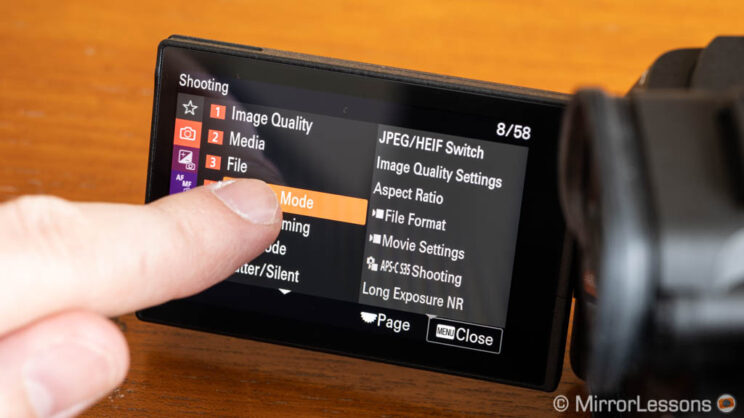
9. Battery life
Both cameras use the same NP-FZ100 battery, but the A7C retains a better rating: 740 frames when using the LCD screen, or 680 with the viewfinder (CIPA).
In comparison, the A7C II can capture approximately 540 frames when using the monitor or around 510 images when composing with the EVF.
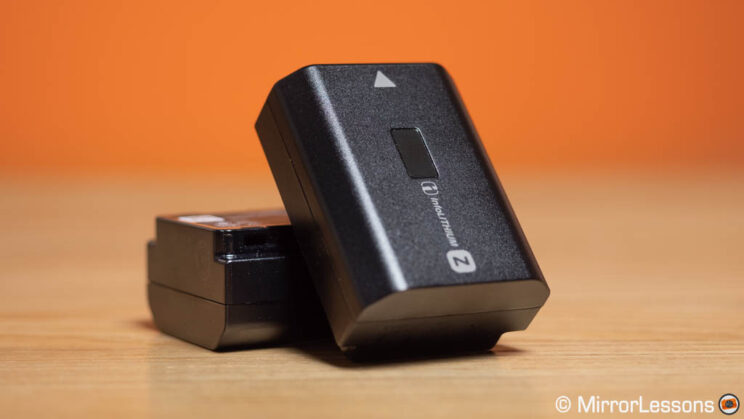
10. Price
The A7C is the older model and can be found for $1600, £1650, or €1700.
Second-hand prices on MPB average around $1200, £1200, or €1400, but you can most likely find the camera for even less.
The A7C mark II enters the market with a retail price of $2200, £2100, or €2400 for the body only.
Prices as of September 2023.
Reminder: the links below are affiliate links. If you decided to buy something after clicking the link, we will receive a small commission.
You might also be interested in the following articles:
Conclusion
The A7C II brings a nice set of improvements over its predecessor. It retains the same compact and lightweight design that made the first iteration so successful but now packs more megapixels, better video quality, improved stabilization, an enhanced viewfinder, more touch capabilities, extra features, and Sony’s state-of-the-art autofocus system with deep learning technology. All this comes at the cost of reduced battery life, but not much else.
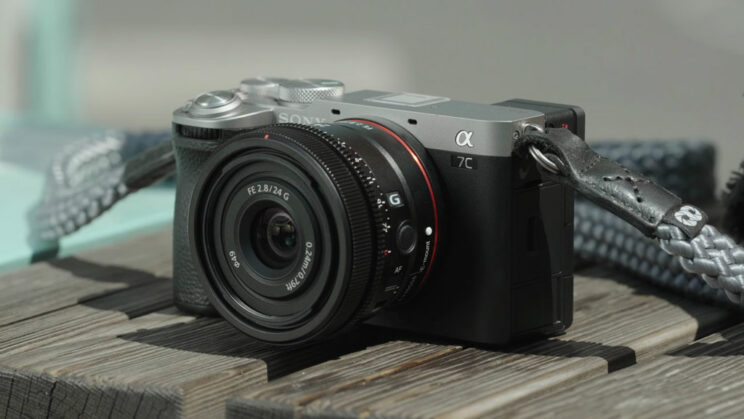
Of course, the original A7C is older, so it’s less expensive to buy new and much more affordable to get second-hand. You may not get the latest quality and features, but its 24.2MP sensor is still an excellent one, and the quality in 4K is very sharp if you can live without 10-bit or 60p.
Reminder: the links below are affiliate links. If you decided to buy something after clicking the link, we will receive a small commission.
